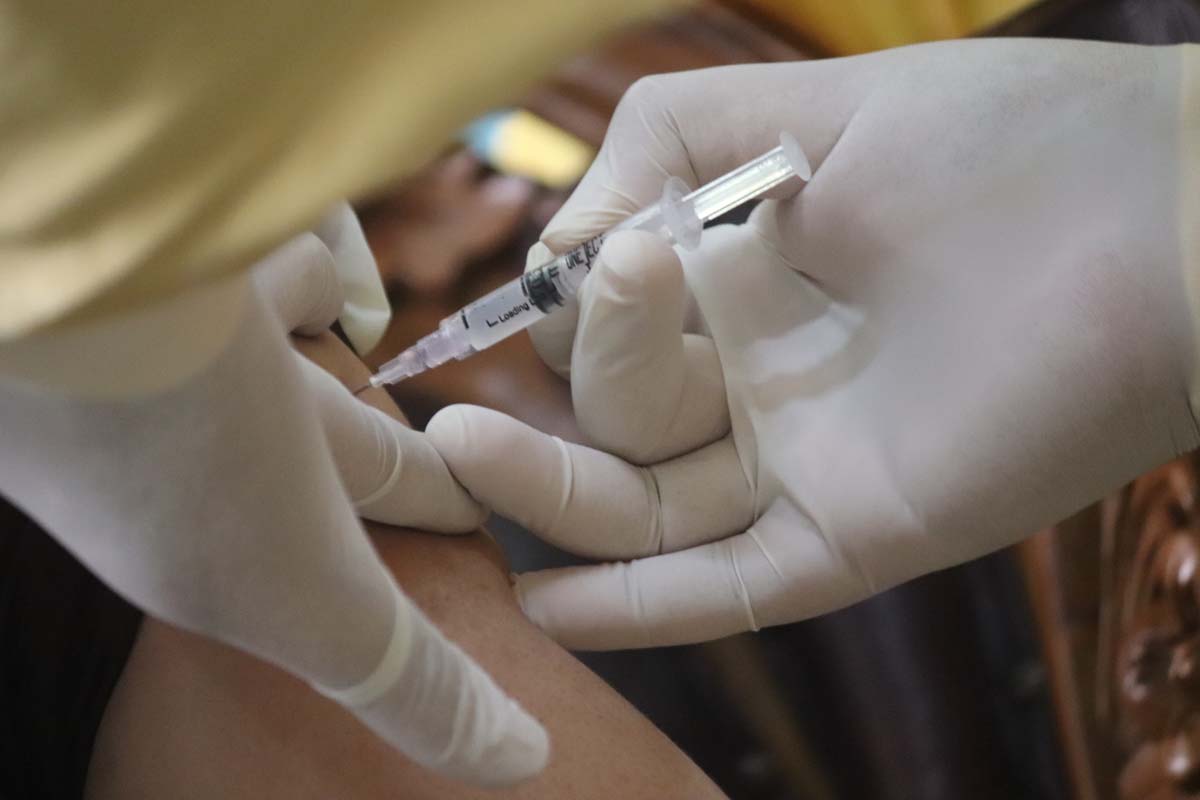Scientists Unveil Vaccine to Block Malaria Spread Inside Mosquitoes
(MENAFN) Australian scientists have, for the first time, visualized a crucial protein complex in malaria parasites, paving the way for a next-generation vaccine designed to disrupt the disease's transmission cycle.
Led by the Melbourne-based Walter and Eliza Hall Institute (WEHI), the research team used advanced cryo-electron microscopy to obtain the first high-resolution image of a protein complex essential for malaria parasite fertilization within mosquitoes, according to a statement released Wednesday by the institute.
The findings, published in Science, have enabled the creation of a novel mRNA vaccine candidate that halts the parasite's ability to reproduce inside mosquitoes—cutting off transmission before the parasite can infect humans.
In preclinical trials, the mRNA vaccine triggered strong antibody responses that successfully identified and neutralized the parasite, blocking transmission within mosquitoes by up to 99.7%.
Malaria continues to be one of the deadliest infectious diseases globally, claiming more than 600,000 lives annually.
While malaria parasites commonly infect humans, only a small fraction are capable of reproducing inside mosquitoes.
"The success of the malaria vaccine program illustrates the versatility of mRNA technology, which has many applications beyond the COVID vaccines," said Colin Pouton of the Monash Institute of Pharmaceutical Sciences, a co-developer of the vaccine candidate.
Researchers now aim to integrate the transmission-blocking mRNA vaccine with other vaccines that target the blood and liver stages of the parasite in humans. This combined approach could offer a robust, multi-stage defense and push closer toward the ultimate goal of malaria eradication.
Led by the Melbourne-based Walter and Eliza Hall Institute (WEHI), the research team used advanced cryo-electron microscopy to obtain the first high-resolution image of a protein complex essential for malaria parasite fertilization within mosquitoes, according to a statement released Wednesday by the institute.
The findings, published in Science, have enabled the creation of a novel mRNA vaccine candidate that halts the parasite's ability to reproduce inside mosquitoes—cutting off transmission before the parasite can infect humans.
In preclinical trials, the mRNA vaccine triggered strong antibody responses that successfully identified and neutralized the parasite, blocking transmission within mosquitoes by up to 99.7%.
Malaria continues to be one of the deadliest infectious diseases globally, claiming more than 600,000 lives annually.
While malaria parasites commonly infect humans, only a small fraction are capable of reproducing inside mosquitoes.
"The success of the malaria vaccine program illustrates the versatility of mRNA technology, which has many applications beyond the COVID vaccines," said Colin Pouton of the Monash Institute of Pharmaceutical Sciences, a co-developer of the vaccine candidate.
Researchers now aim to integrate the transmission-blocking mRNA vaccine with other vaccines that target the blood and liver stages of the parasite in humans. This combined approach could offer a robust, multi-stage defense and push closer toward the ultimate goal of malaria eradication.

Legal Disclaimer:
MENAFN provides the
information “as is” without warranty of any kind. We do not accept
any responsibility or liability for the accuracy, content, images,
videos, licenses, completeness, legality, or reliability of the information
contained in this article. If you have any complaints or copyright
issues related to this article, kindly contact the provider above.
Most popular stories
Market Research

- Microgrid Market Growth, Key Trends & Future Forecast 2033
- Nickel Market Estimated To Exceed USD 55.5 Billion By 2033
- Primexbt Launches Empowering Traders To Succeed Campaign, Leading A New Era Of Trading
- Chaingpt Pad Unveils Buzz System: Turning Social Hype Into Token Allocation
- Ecosync & Carboncore Launch Full Stages Refi Infrastructure Linking Carbon Credits With Web3
- Japan Halal Food Market Size To Surpass USD 323.6 Billion By 2033 With A CAGR Of 8.1%






















Comments
No comment